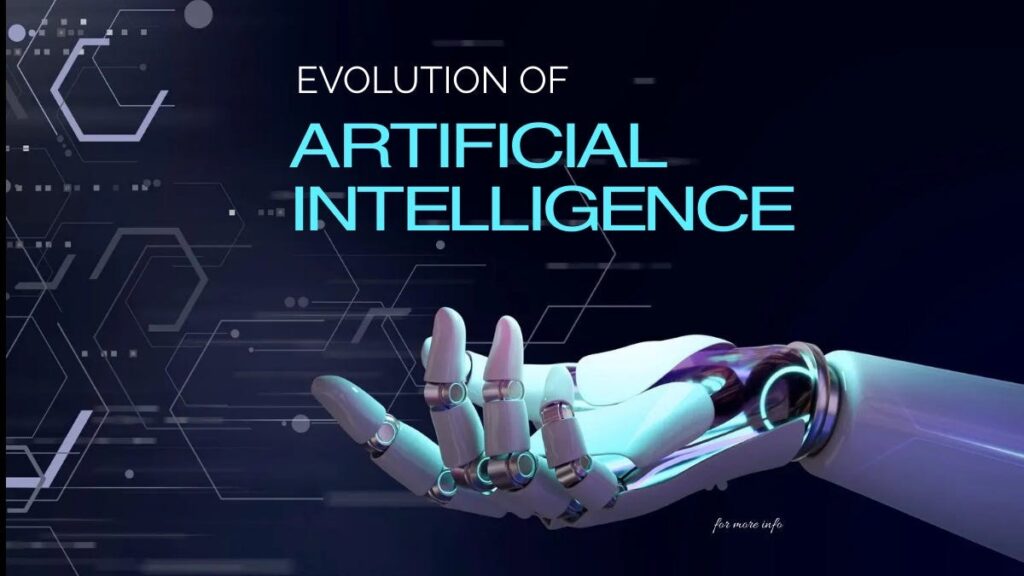Artificial Intelligence (AI) has evolved significantly since its inception, transforming from a theoretical concept to an integral part of modern technology. The development of AI can be traced back to the mid-20th century when pioneers like Alan Turing and John McCarthy laid its foundations. Today, AI powers various applications, including machine learning, natural language processing, and robotics.
Early Stages of AI
The journey of AI began with the creation of basic algorithms capable of performing simple calculations. During the 1950s and 60s, researchers focused on rule-based systems, which laid the groundwork for modern AI development.
Modern AI Advancements
In recent decades, AI has advanced exponentially with the rise of deep learning, neural networks, and big data. Companies and researchers are leveraging AI to automate processes, enhance decision-making, and improve human-computer interactions.
Future of AI
As AI continues to evolve, it is expected to revolutionize various industries, including healthcare, finance, and manufacturing. However, ethical concerns and regulatory measures remain key factors in shaping its future.
For more insights on AI’s impact on industries, read our article on AI in Business and Industry.

